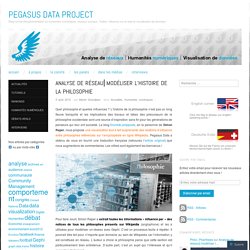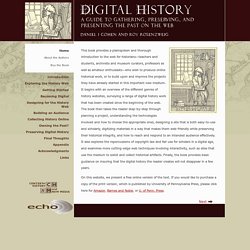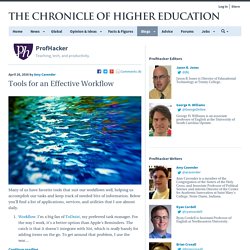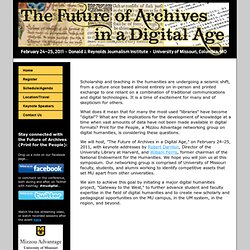

Analyse de réseau⎜modéliser l’histoire de la philosophie. Quel philosophe et quelles influences ?

L’histoire de la philosophie n’est pas un long fleuve tranquille et les implications des travaux et idées des précurseurs de la philosophie occidentale sont une source d’inspiration sans fin pour les générations de penseurs qui leur ont succédé. Le blog Drunk&Lampposts, en la personne de Simon Raper, nous propose une visualisation tout à fait surprenante des relations d’influence entre philosophes référencés sur l’encyclopédie en ligne Wikipédia. Pegasus Data a obtenu de vous en fournir une traduction française (retrouvez l’article original) que nous augmentons de commentaires. Les vôtres sont également les bienvenus ! Pour faire court, Simon Raper a extrait toutes les informations « influencé par » des notices de tous les philosophes présents sur Wikipédia (anglophone) et les a utilisées pour modéliser un réseau avec Gephi. Le graphe complet de l’histoire de la philosophie Cliquez pour afficher le graphe complet (8Mo).
La tradition continentale. Digital Scholarship in the Humanities. Digital History: A Guide to Gathering, Preserving, and Presenting the Past on the Web. This book provides a plainspoken and thorough introduction to the web for historians—teachers and students, archivists and museum curators, professors as well as amateur enthusiasts—who wish to produce online historical work, or to build upon and improve the projects they have already started in this important new medium.

It begins with an overview of the different genres of history websites, surveying a range of digital history work that has been created since the beginning of the web. The book then takes the reader step-by-step through planning a project, understanding the technologies involved and how to choose the appropriate ones, designing a site that is both easy-to-use and scholarly, digitizing materials in a way that makes them web-friendly while preserving their historical integrity, and how to reach and respond to an intended audience effectively. On this website, we present a free online version of the text. , Barnes and Noble, or U. of Penn. Press. Tooling Up for Digital Humanities. Arts-humanities.net: guide to digital humanities & arts. Digital Humanities Now. Digital Humanities Questions & Answers. ProfHacker.
Many of us have favorite tools that suit our workflows well, helping us accomplish our tasks and keep track of needed bits of information.

Below you’ll find a list of applications, services, and utilities that I use almost daily. Workflow. I’m a big fan of ToDoist, my preferred task manager. For the way I work, it’s a better option than Apple’s Reminders. The catch is that it doesn’t integrate with Siri, which is really handy for adding items on the go. I know I know. Let’s backtrack a minute. A few weeks ago, coincidentally during Day of DH 2016, it was brought to my attention that Voyant, a web-based text analysis tool, had upgraded to Version 2.0. This has been a popular tool with ProfHackers (I’ve written about using it as has Brian), and the new version is a great improvement.
A cleaner, crisper appearance better cross-platform and mobile device support (all tools in HTML5, no Flash or Java Applets) advanced search capabilities, including wil… I was involved in multiple ways. The Future of Archives in a Digital Age. Scholarship and teaching in the humanities are undergoing a seismic shift, from a culture once based almost entirely on in-person and printed exchange to one reliant on a combination of traditional communications and digital technologies.

It is a time of excitement for many and of skepticism for others. What does it mean that for many the most used "libraries" have become "digital"? What are the implications for the development of knowledge at a time when vast amounts of data have not been made available in digital formats? Print for the People, a Mizzou Advantage networking group on digital humanities, is considering these questions. We will host, "The Future of Archives in a Digital Age," on February 24–25, 2011, with keynote addresses by Robert Darnton, Director of the University Library at Harvard, and William Ferris, former chairman of the National Endowment for the Humanities.
Play The Past. Digital History. Writing History in the Digital Age.